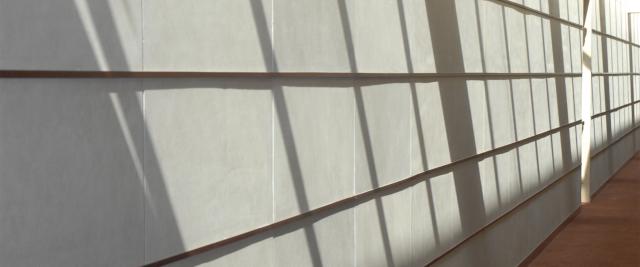Columbia Law School’s research centers and programs reflect the breadth of our faculty’s expertise and the exceptional quality of their scholarship. Through their rigorous research, faculty experts explore foundational, emerging, and interdisciplinary areas of the law. In addition to convening academics, policymakers, judges, and business leaders from around the globe, centers and programs offer students valuable opportunities to collaborate with experienced scholars and researchers.
Human Rights Institute
The Human Rights Institute draws on the Law School’s deep human rights tradition to support and influence human rights practice in the United States and around the world. The institute builds bridges between scholarship and practice in four key areas—counterterrorism and armed conflict, human rights in the U.S., the Inter-American Human Rights System, and the global economy—employing tools such as field work, advocacy, fact-finding reports, and symposia.
Areas of Study
